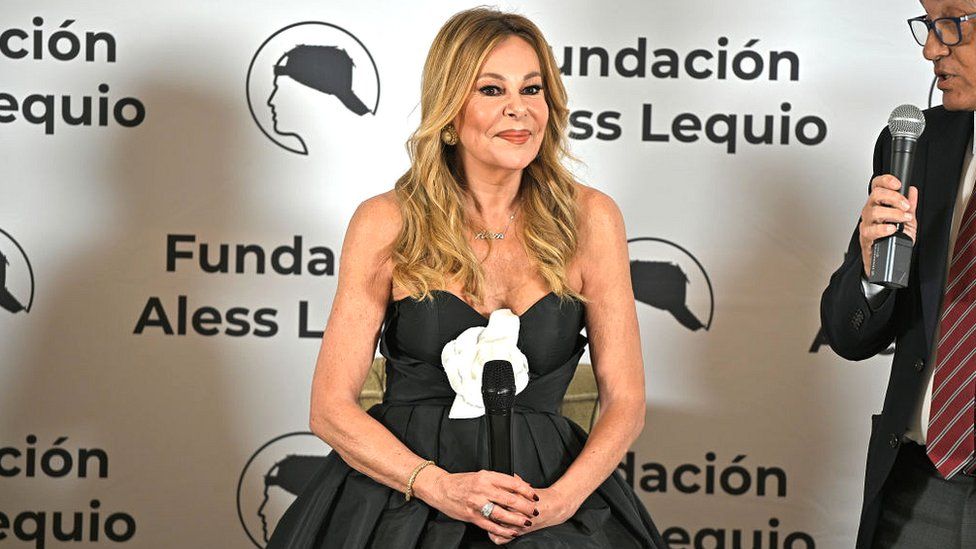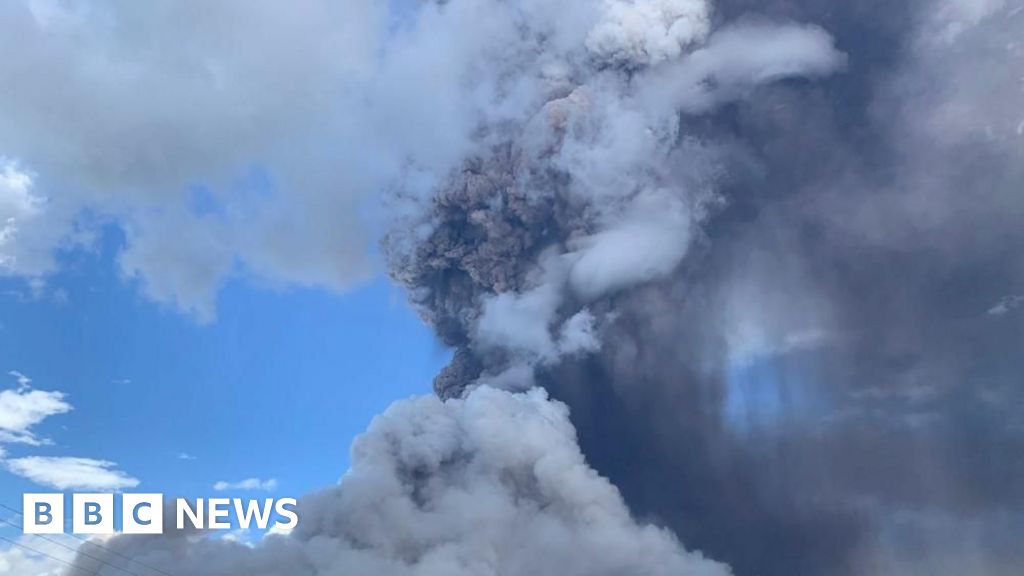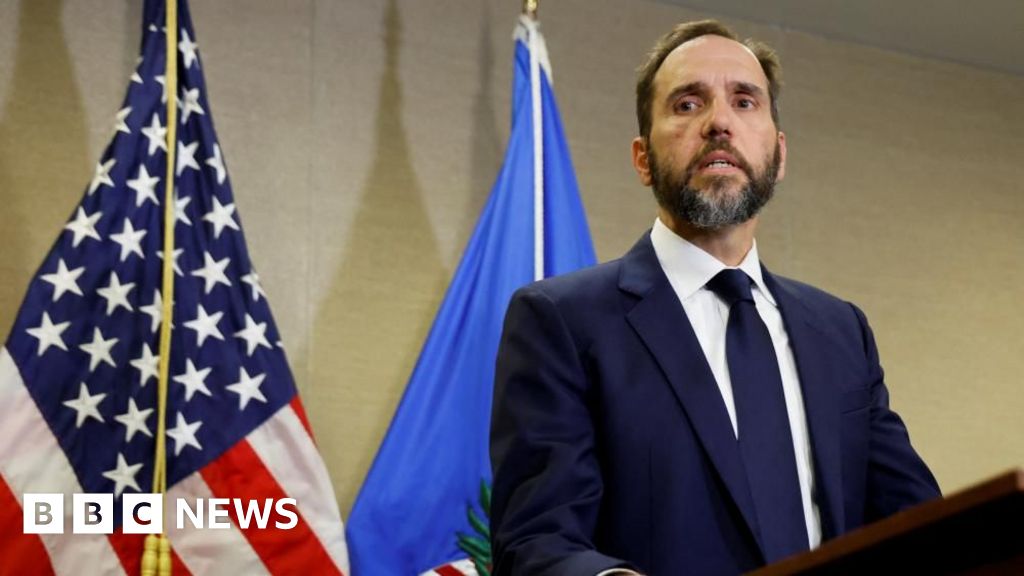ARTICLE AD BOX
 Image source, Europa Press/Getty Images
Image source, Europa Press/Getty Images
Ana Obregón revealed news of her newborn baby last week and said she felt "alive again"
A week after 68-year-old TV actress Ana Obregón stunned Spain by revealing she had a baby by surrogacy in the US, she has now explained that the baby was fathered by her dead son.
"This girl isn't my daughter, she's my granddaughter," she told ¡Hola! magazine while staying in Miami.
Although having a woman give birth on your behalf is illegal in Spain, adopting a child born abroad is lawful.
Her son died of cancer at 27 and Ms Obregón sees the baby as her mission.
"This was Aless's final wish, to bring a child of his own into the world," she said, describing a conversation a week before her son died.
Before Aless Lequio's death in 2020 a sample of his sperm was frozen and stored in New York.
Her initial revelation that she had paid for surrogacy in the US prompted anger from ministers in the left-wing government and sparked a national debate.
Equality Minister Irene Montero condemned the practice as "a form of violence against women".
But Ana Obregón, renowned for her roles in sitcoms and comedies, sees the storm over the baby's birth as "absurd", arguing that surrogacy is a form of assisted reproduction that is legal in much of the world beyond Spain.
Surrogacy is when a woman agrees to carry and give birth to a baby on behalf of someone else. It is often, but not always, done in exchange for money.
Her baby, named Ana Sandra, will be registered at the Spanish consulate before they fly to Madrid, she explains, and she refuses to rule out providing her granddaughter with a brother or sister.
While ¡Hola! magazine's front page carried a picture of the TV actress and the new baby, another Spanish magazine, Lecturas, featured the surrogate mother who bore Ana Sandra.
Ethically, adoption by a grandmother could potentially become a problem under Spain's civil code because under Article 175 you are not entitled to adopt "a descendant", however Ana Obregón makes clear that legally she is the baby's mother, even if she is biologically her grandmother.
While a dead man's semen is regularly used for insemination in assisted reproduction in Spain, it is allowed only within 12 months of a man's death and would involve a widow.
Social philosophy commentator Gonzalo Velasco said there was nothing illegal about it as far as he knew, but he believed there was an ethical issue.
"Ana Obregón has taken it upon herself to interpret her dead son's wishes and that is going too far," he told radio station Cadena SER. "No child is ever the property of his parents and neither is a dead child. No mother or father has the power to interpret the wishes of their child."
Aless Lequio's father and the actress's former partner, Alessandro Lequio, has declined to comment on the baby's birth.

 1 year ago
27
1 year ago
27








 English (US)
English (US)